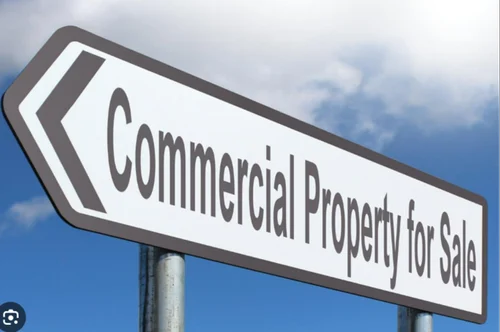
Recent legal developments have clarified the Kenya Revenue Authority’s (KRA) authority to levy Value Added Tax (VAT) on the sale of commercial properties. This follows a series of rulings that have redefined the tax treatment of such transactions under the VAT Act, 2013. Below, we provide a summary of key legal milestones and their implications for stakeholders in the commercial property sector as well as taxpayers.
Key Legal Developments
- High Court Ruling (November 2018) The High Court initially ruled that VAT was not payable on transactions involving the sale or purchase of land, whether residential or commercial. The court interpreted the VAT Act, 2013, to exempt all land transactions from VAT, including those involving commercial properties.
- Tax Appeals Tribunal Decision (October 2020) The Tax Appeals Tribunal (TAT) reversed this position by ruling that VAT applies to the sale of commercial properties. TAT clarified that the VAT Act exempts only “land or residential premises,” leaving commercial properties outside this exemption.
- Court of Appeal Judgment (March 2025) On March 21, 2025, the Court of Appeal upheld TAT’s decision and overturned the High Court ruling. The appellate court affirmed that VAT is applicable to commercial property sales, as the exemption under the VAT Act applies solely to land and residential premises.
Implications for Taxpayers
1. Increased Transaction Costs Buyers of commercial properties must now pay an additional 16% VAT on their purchases. For instance:
- A property priced at KES 100 million will incur an extra KES 16 million in VAT, raising the total cost to KES 116 million.
2. Market Dynamics
- The imposition of VAT could lead to reduced transaction volumes in the commercial property market as buyers adjust for higher acquisition costs.
3. Compliance Obligations
- Sellers are required to account for and remit VAT accurately to avoid penalties and interest from KRA. Proper documentation and tax compliance are critical.
What This Means for Stakeholders
The recent Court of Appeal judgment marks a significant shift in how commercial property transactions are taxed in Kenya. Stakeholders in this sector—buyers, sellers, developers, and investors—must adapt to these changes by:
- Factoring VAT into pricing and financial planning for future transactions.
- Ensuring compliance with tax obligations to mitigate risks of penalties.
- Seeking professional advice to navigate these legal and tax complexities effectively.
How RKCO East Africa Consulting Can Assist You
At RKCO East Africa Consulting, we understand the challenges posed by evolving tax laws and regulations. Our team is well-equipped to provide:
- Tax Advisory Services: Tailored guidance on how VAT impacts your property transactions.
- Compliance Support: Assistance with proper documentation and VAT remittance to ensure adherence to KRA requirements.
- Legal Representation: Expert representation in disputes or appeals related to tax matters.
Stay Informed with RKCO East Africa Consulting
Follow Us on Our Socials for more insights




